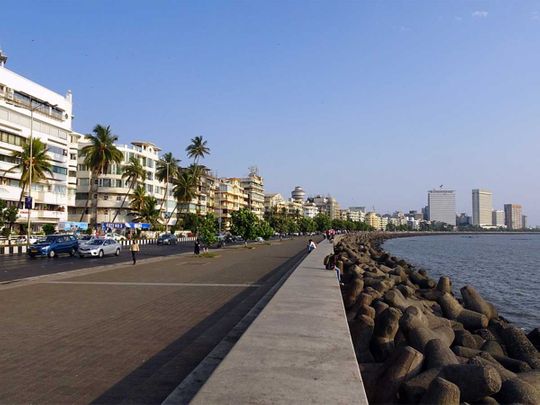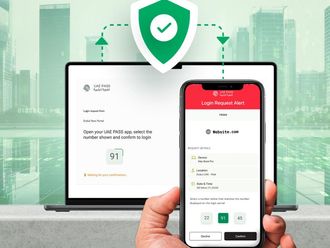
Just like resident Indians, NRIs are also eligible to avail of home loans for as many properties as they like. While there is no cap, the repayment capacity must always be factored in.
In India, most banks and non-banking financial institutions offer home loans to NRIs. However, the tenor of the home loan may vary, and the rate of interest is usually higher for NRIs.
The tenor for a home loan to an NRI usually ranges between five to 20 years — only in select cases can it go up to 30 years for salaried professionals. Most banks determine the loan amount eligibility of NRI borrowers based on their income and credit history. Apart from fulfilling basics like minimum age, qualification and years of employment, one must earn a minimum amount to qualify for a home loan.
The mandatory income limit again varies from bank to bank and also differs for the country of residence. For instance, $24,000 a year is considered the minimum income level for US-based NRIs. The loan amount can start from a few hundred thousands and go up to millions, depending on how much is the bank convinced of one’s eligibility.
Some banks may allow NRIs to club their spouse or sibling’s income with theirs to improve their eligibility, while other banks will only consider the principal borrower’s income. Obviously, it is important to have a good credit history and high credit score, as banks will invariably check the intending borrower’s credit report — both in the country of residence and India.
Any NRI can apply for a home loan in India as long as he/she is capable of repaying the loan and meets the eligibility requirements. These can again vary from bank to bank — however, most banks follow basic guidelines. For example, the applicant must be minimum 18 years and maximum 60 years of age.
This age limit may differ depending on the bank in question — for instance, Axis Bank lists 24 years as the minimum age for NRI applicants.
The applicant should have been employed abroad for at least two years, or should be serving a valid job contract abroad for a minimum period of two years. He/she must also open an NRE/NRO (non-resident rupee/non-resident ordinary) account from which to service the home loan.
The documents required for availing home loan include a valid passport and visa documents, permanent address proof in India, an appointment letter, a work experience certificate, work permit and contract of employment from the current employer in the concerned country.
Banks will also ask for salary payslips and supporting statements of non-resident external (NRE) and non-resident ordinary (NRO) bank accounts, employer-verified address proof from the current country of residence, and income tax return statements filed in the concerned country. A valid qualification certificate and a notarised general power of authority (GPA) are also required.
An NRI can opt for various routes to make the repayment of their home loan EMIs, which must mandatorily be paid in Indian rupees via an NRE or NRO account. These routes include transfer from an overseas bank account through, issuing post-dated cheques, and electronic clearance service (ECS) mandate from an NRE, NRO or foreign currency non-repatriable (FCNR) bank account.
NRIs can also pay their EMIs from the rental income accrued from the property or have cheques issued from a local relative’s bank account.
The designated GPA holder must be present in person at the time of disbursement of the home loan, as his/her signature is required by the bank in the absence of the main applicant.
Shajai Jacob is CEO — GCC at Anarock Property Consultants.











